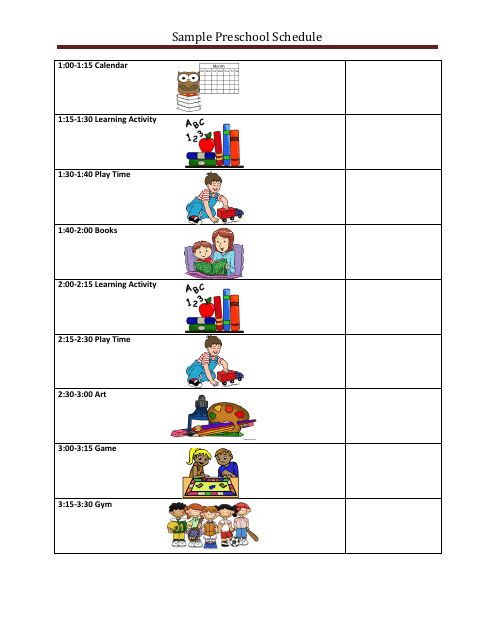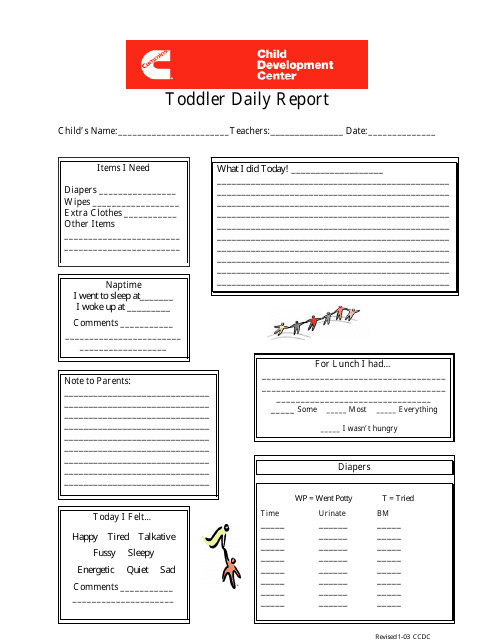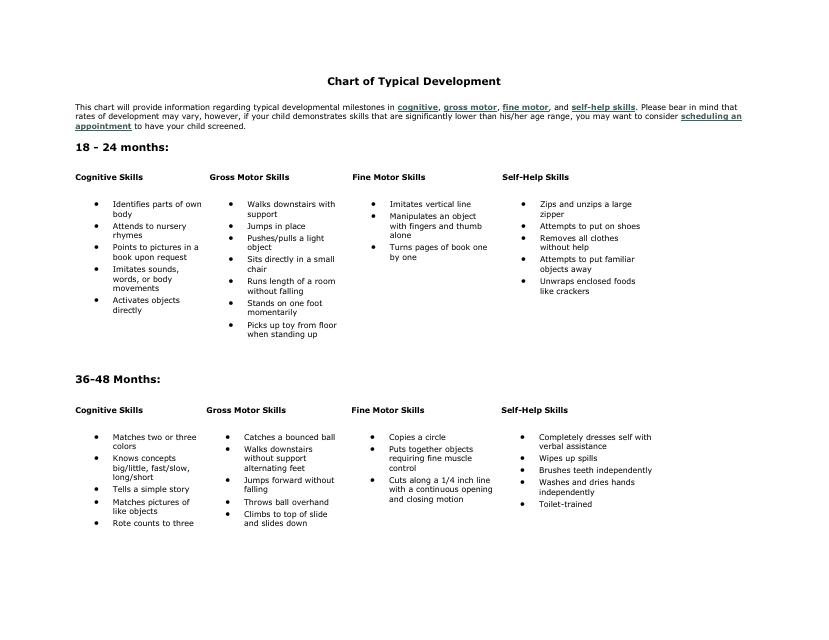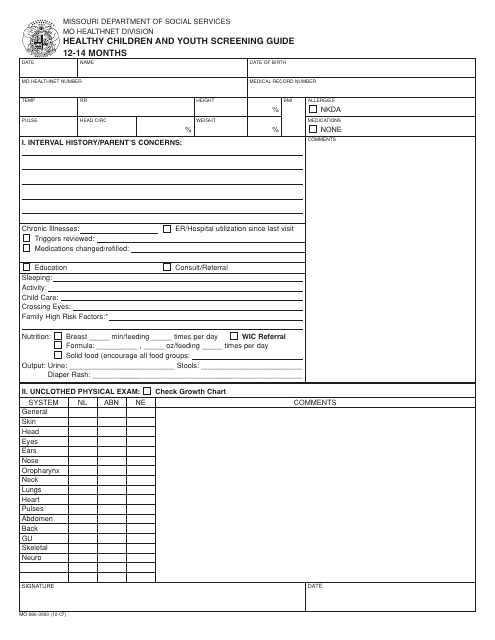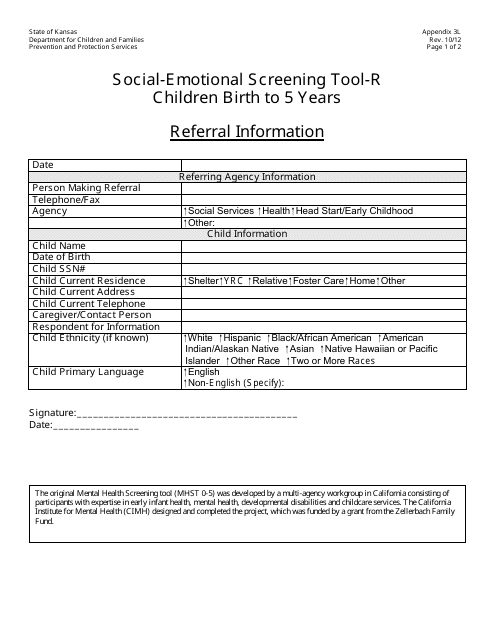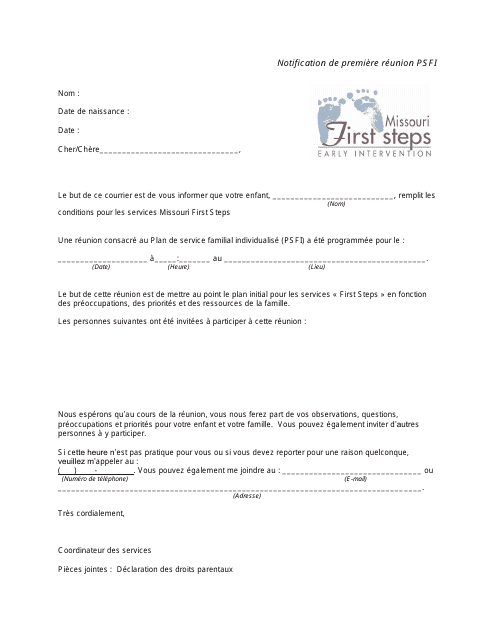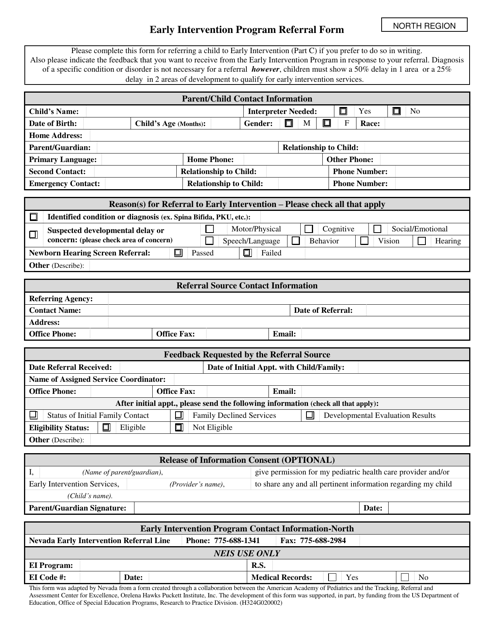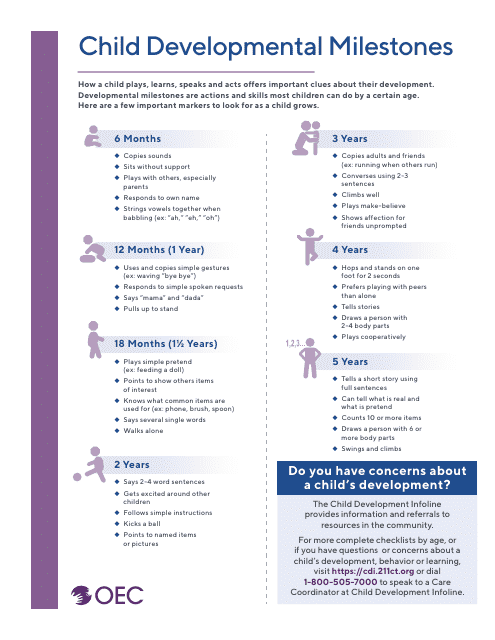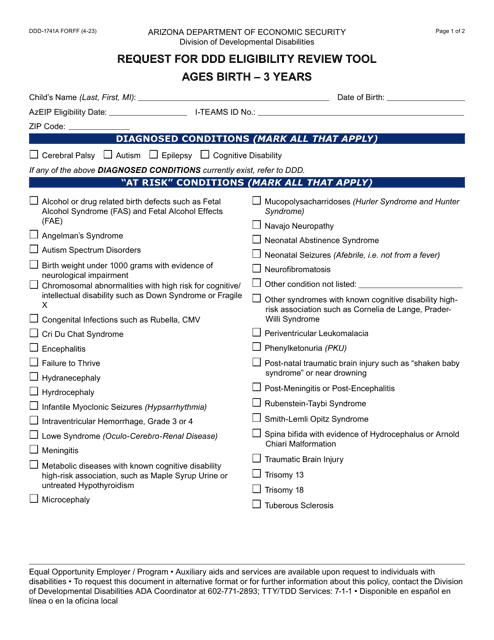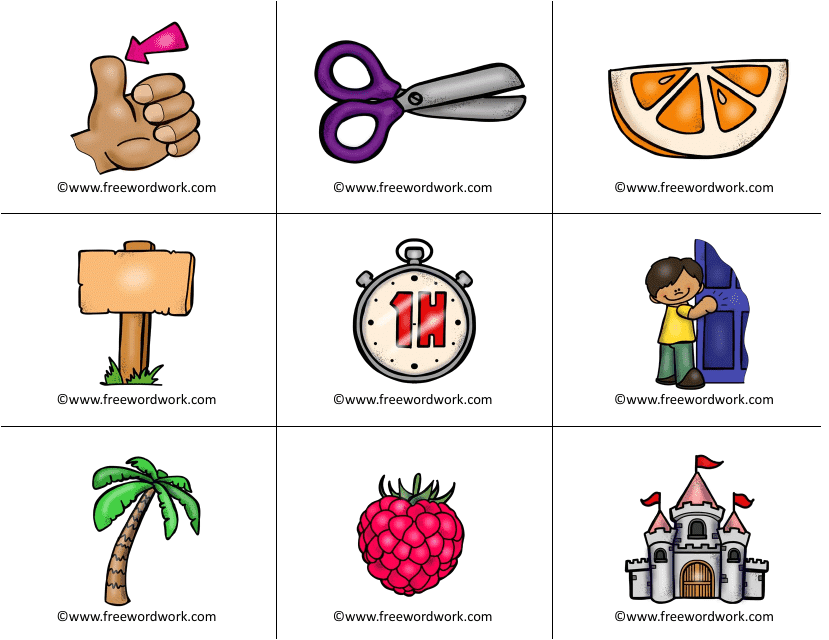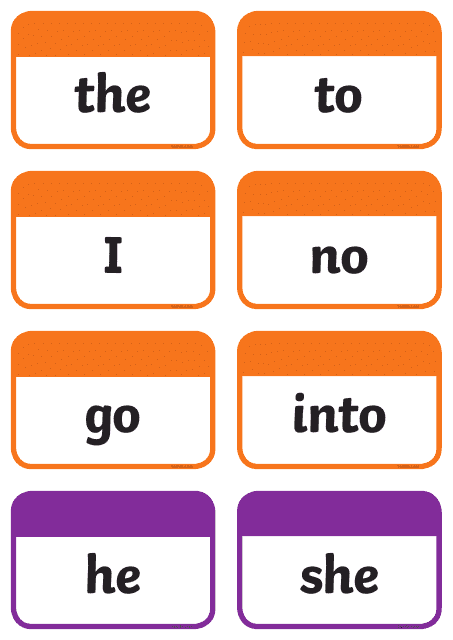Early Childhood Development Templates
Early Childhood Development (also known as early childhood education or early childhood learning) is a crucial stage in a child's development that lays the foundation for their future learning and growth. This period, typically spanning from birth to around 8 years old, is a time of rapid brain development and immense potential.
During early childhood development, children acquire essential skills and knowledge that will shape their academic, social, and emotional well-being. This includes language and communication skills, cognitive abilities, physical coordination and motor skills, as well as social and emotional development.
At this stage, it is essential for parents, caregivers, educators, and communities to provide a nurturing and stimulating environment that supports children's holistic development. With the help of educational resources, such as the Toddler Daily Report Template or the Phonics Flashcards with Pictures, parents and educators can create engaging and interactive learning experiences for young children.
Understanding child developmental milestones is an important aspect of early childhood development. By tracking and recognizing these milestones, parents and educators can identify areas where a child may need additional support or intervention. Resources like the Child Developmental Milestones guide provide valuable information to help parents and educators navigate through this critical stage of a child's life.
In order to ensure the well-being and optimal development of children, various screenings and assessments are conducted. For instance, the Healthy Children and Youth Screening Guide provides a comprehensive tool for healthcare providers to monitor the physical, emotional, and social development of children aged 12-14 months. This guide helps identify potential developmental delays or concerns, allowing for early intervention and support.
Governments and educational institutions also play a vital role in early childhood development. They develop policies and programs that promote quality early childhood education and care. The Initial IFSP Meeting Notification Letter is an example of a document used to communicate with families and professionals involved in early intervention services. This letter notifies them about the initial Individualized Family Service Plan (IFSP) meeting, which outlines a child's developmental goals and services.
Investing in early childhood development is not only beneficial for individual children but also for society as a whole. High-quality early childhood education and care programs have been shown to have long-term positive effects on children's educational outcomes, social skills, and future success. By providing children with a strong foundation during this critical window of opportunity, we can help them thrive and reach their full potential.
Documents:
11
This type of document provides a sample daily schedule for a preschool, outlining the activities and routine for the day.
This document is a template for recording the daily activities and progress of toddlers at Cummins Child Development Center. It helps caregivers keep track of important information like feeding, sleeping, and learning activities throughout the day.
This document provides a typical child development chart to track a child's progress in various areas of development such as physical, social, and cognitive skills. It helps parents and professionals understand and monitor a child's growth and development.
This form is used for screening and evaluating the health of children and youth between the ages of 12 and 14 months in Missouri. It provides guidance and recommendations for ensuring the well-being and development of young children.
This document is a social-emotional screening tool used in Kansas for children aged birth to 5 years. It helps assess and evaluate the social and emotional well-being of young children.
This document is a notification letter for the initial IFSP (Individualized Family Service Plan) meeting in Missouri. It is written in French.
This Form is used for referring individuals to the Early Intervention Program in the Northern Region of Nevada.
This document outlines the key milestones in a child's development, including physical, cognitive, and social skills. It serves as a guide for parents and caregivers to track their child's progress.
This form is used for requesting eligibility review for children between the ages of birth through 3 years in Arizona.

